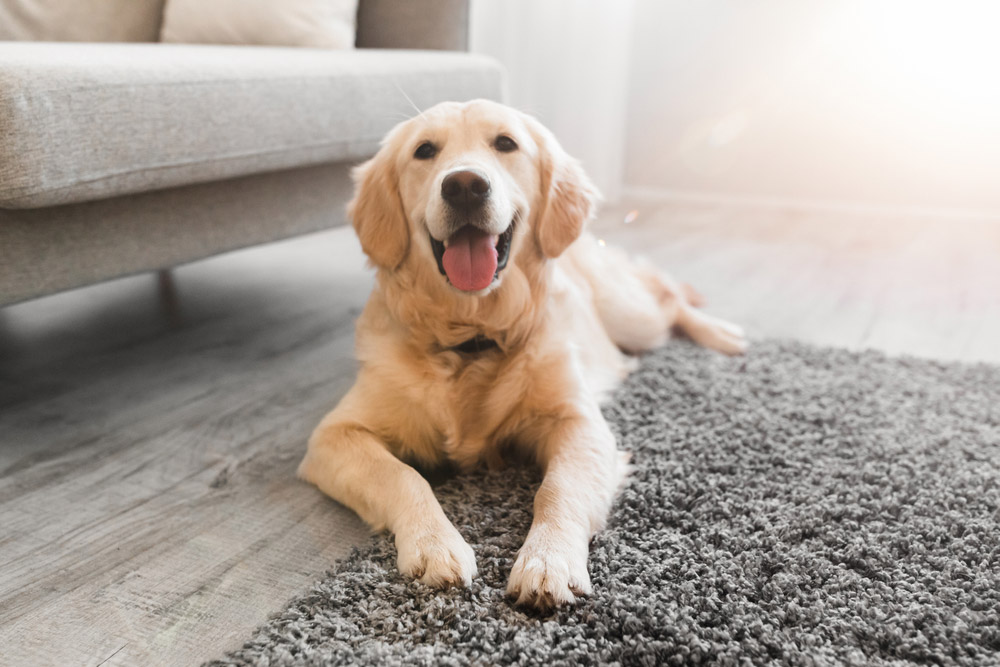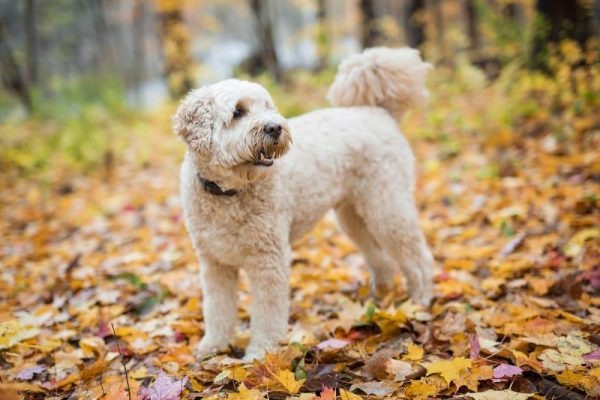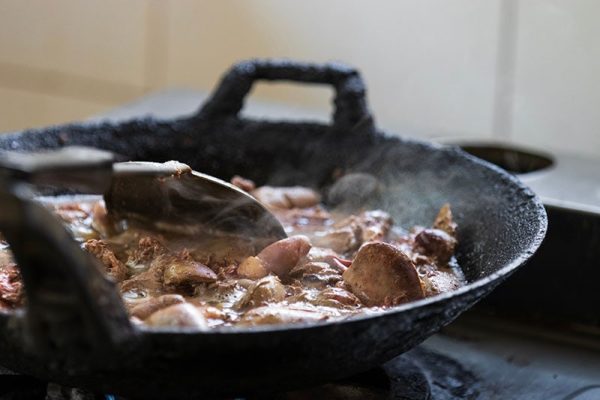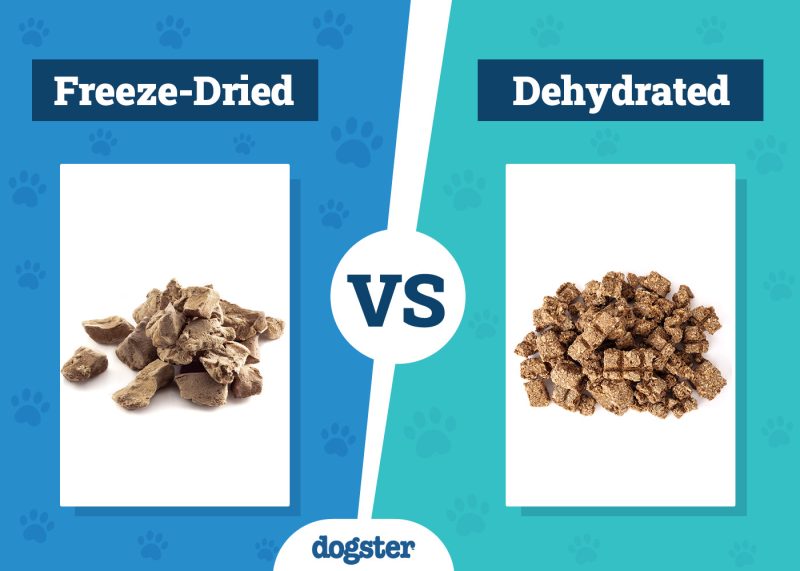In this article
Golden Retrievers are among the most popular dog breeds in the United States and the United Kingdom. They always rank at the top of the list when any credible reference is discussing family favorites. Goldens are perfect for families, therapy, service, and show.
But when it comes to activity levels, these pups are quite active. They tend to calm down after a while, but the puppy years might be a little challenging. Of course, every Golden will have an individual personality, so no one size fits all. Generally speaking, by 2 years old, your Goldie should be mellowing out, but there are a lot of factors that go into that prediction.
Here’s what to expect when it comes to this breed leveling out and how you can improve the process.

What to Expect During Puppy Years
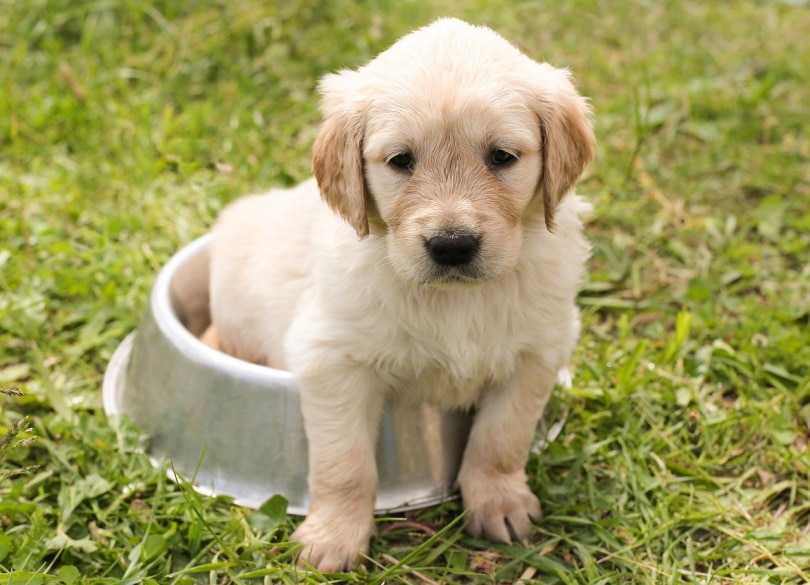
Golden Retrievers are high-energy puppies, but they have incredible dispositions that work in your favor. Even though they might have a lot of steam to let off, they also have a strong affection for their humans. Their desire to please will help during training to create a mannerly, obedient dog.
Obviously, patience is the key element during this time, as training a puppy can be quite taxing—especially if you’re a novice owner or have no training experience. Luckily, Goldens are highly intelligent and emotionally intuitive, even though these traits can vary from dog to dog.
It’s hard to remember that Goldens are technically puppies until they reach about 2 years old, so don’t let their size fool you. It might seem like a long time, but before you know it, the angsty teen years will be behind you, and you’ll be no worse for the wear.
Training a Young Golden Retriever
You might find some Goldens to be more challenging than others to train—keep in mind that every dog learns at their own pace. Young Golden Retrievers can be easier to train than some other breeds, as they can learn specific service and therapy tasks.
Even though it might be hard to keep their focus at first, Golden Retrievers learn well with patience, consistency, and routine. Because they are so sensitive and naturally pleasing, they do best with positive reinforcement training tactics.
We suggest speaking to a vet online for the best training methods for your puppy, online vet services save you the hassle and stress of an in-person vet visit.
If you need to speak with a vet but can't get to one, head over to PangoVet. It's our online service where you can talk to a vet online and get the advice you need for your pet — all at an affordable price!

Hiring a Professional Trainer
You could hire a professional trainer if you don’t feel confident in your training abilities or want specialized focus on an area of expertise. Trainers can work directly with your dog based on their temperament to craft techniques that work.
Because of the short attention span of a puppy, you shouldn’t plan professional training until your puppy is 6 months or older—and that number may increase depending on their energy level or focus.
Something to keep in mind: when you hire a professional trainer, that’s only half of the task. You have to be willing to keep up with commands to carry out everything your pup learned when they come home.
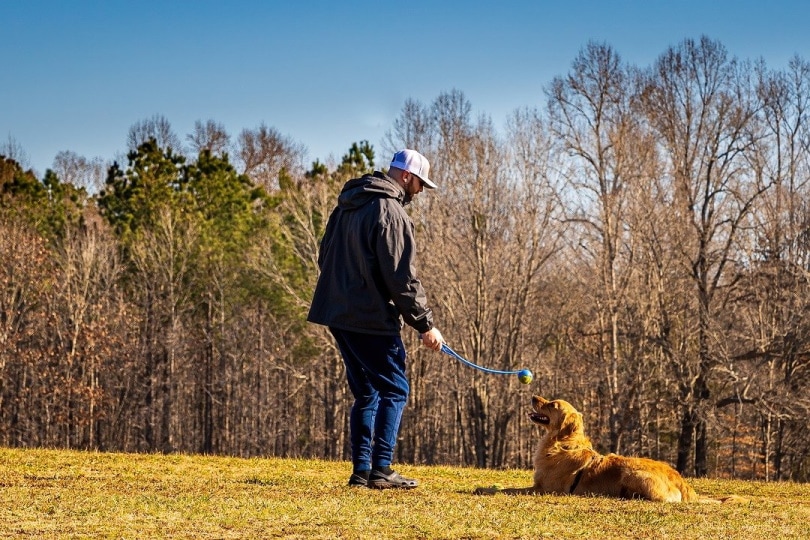
Importance of Exercise
Like many breeds, Golden Retrievers need to expel all their energy as it comes. Locking a puppy in a crate or kennel for hours a day can cause a buildup of energy, leading to destructive behaviors and rambunctiousness.
Puppies need lots of variety to keep them busy—like toys, walks, runs, games of fetch, and romping around with family. As a general rule, young puppies need two intervals of exercise per day lasting 5 minutes. For each month that they age, add 5 minutes to the exercise time.
For example, a 3-month-old puppy would need 15 minutes of exercise each day, twice a day.
What to Expect After Year Two
After year two, not only does their activity level start to wane, but they also have pretty much learned all the ropes. You should come close to having a well-behaved, good old boy or girl in no time.
It isn’t something that happens overnight, so you might notice a very gradual decrease in energy. Of course, there are exceptions, and some dogs might not calm down how you wish they would. But most will turn from playful, boisterous puppies into mannerly, well-spirited adults.
Since each dog is unique, it’s impossible to put an exact timeline on when your specific dog will totally mellow out.
You might still have some challenges—like curbing chewing, jumping, or barking habits. But behaviors can level out over time with constant attention.
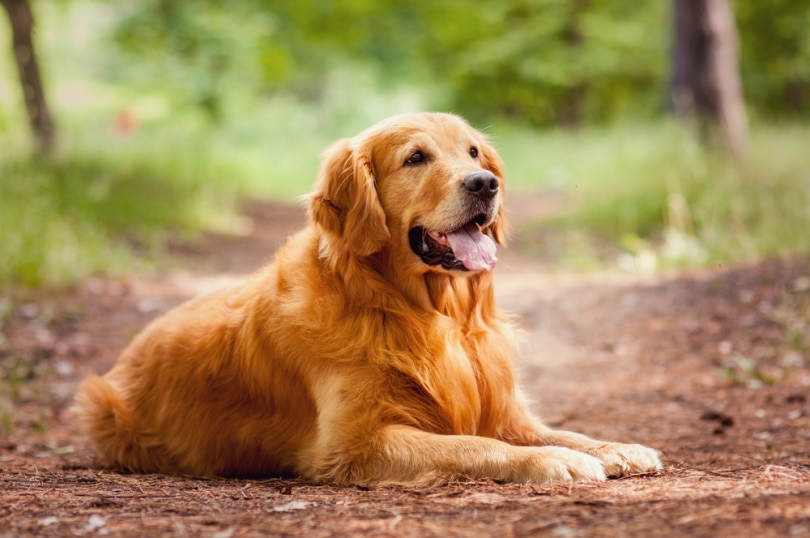

Does Spaying/Neutering Affect Energy Levels?
Do you ever notice how animals tend to pack on a few pounds after they get fixed? It’s not just your imagination. This is a phenomenon that happens due to a few factors.
First, the process reduces the hormones that drive high energy. Once your dog doesn’t have the desire to seek a mate, their body chemistry changes—and so do their actions. Females might be significantly affected because they no longer go through the hormonal fluctuations of heat.
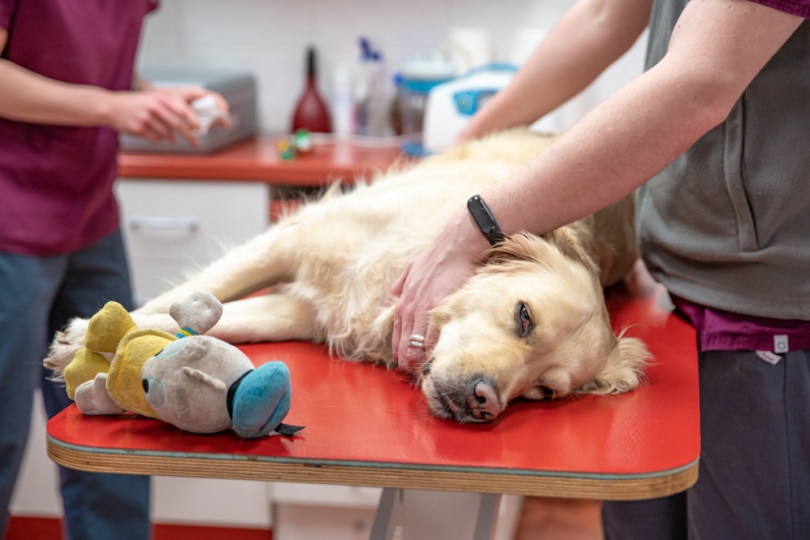

Conclusion
It might seem like you’re waiting forever on your Golden to tame down a bit, but remember, the puppy years are but a blip on the radar. The days will fly by, and soon you’ll be telling stories about all the shenanigans your puppy got into when they were young.
Sometimes, training a dog yourself can be pretty challenging. Remember, if you can’t handle the lack of manners in your puppy, they can always benefit from professional training.
Featured Image Credit: Prostock-studio, Shutterstock
